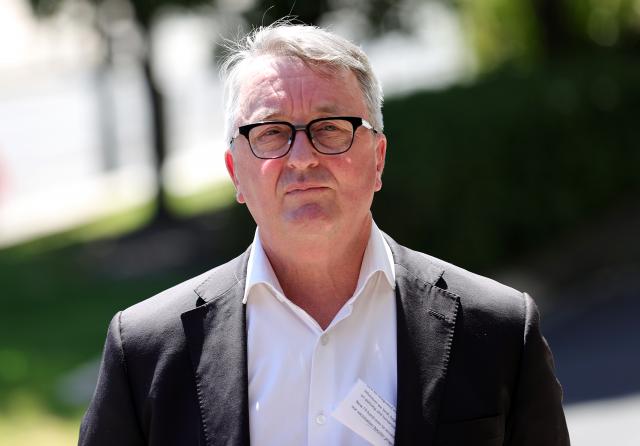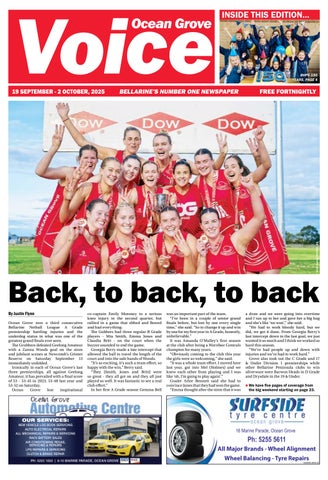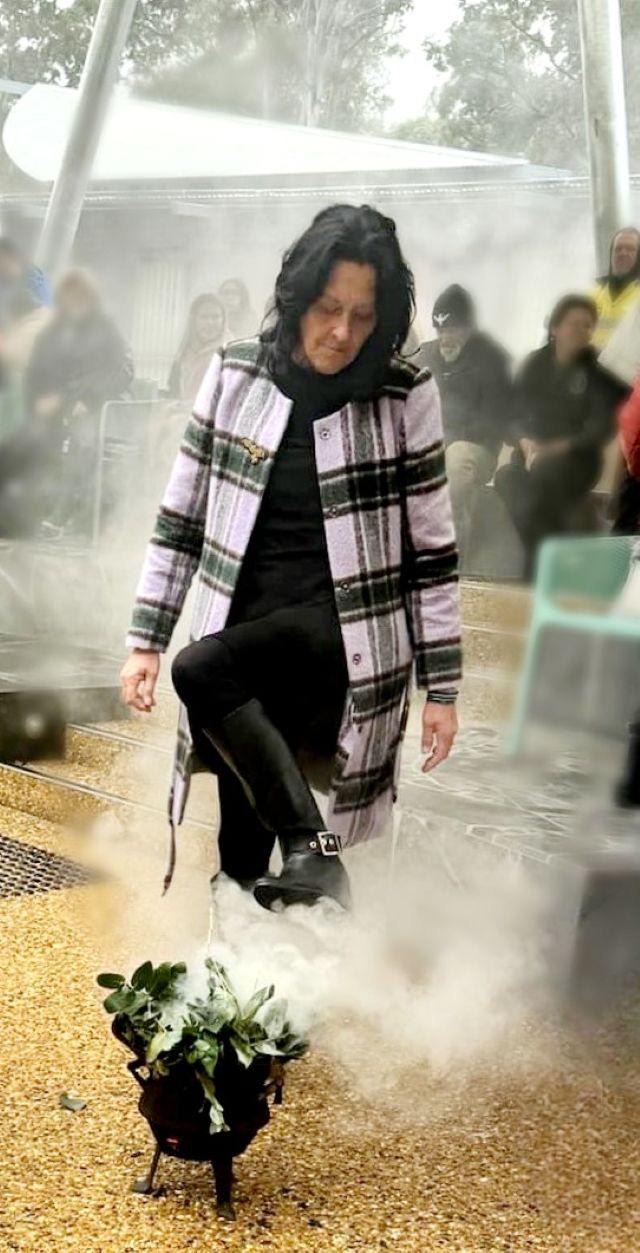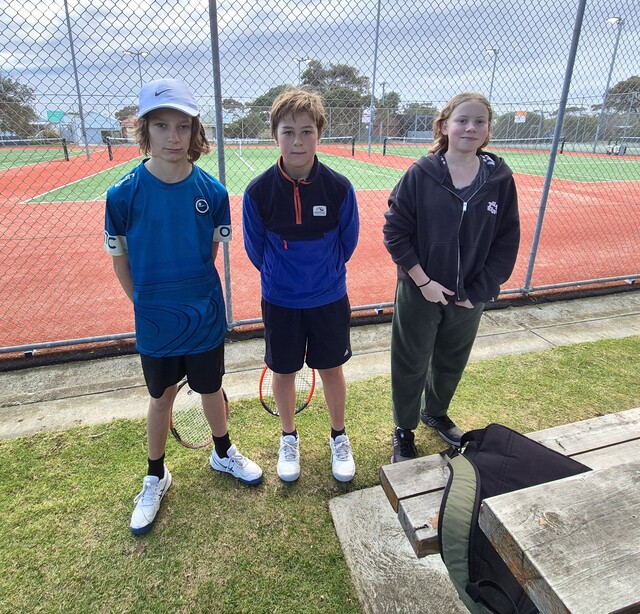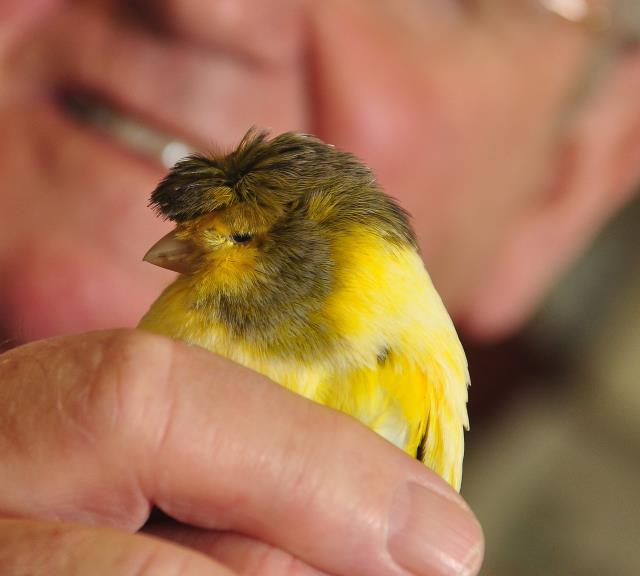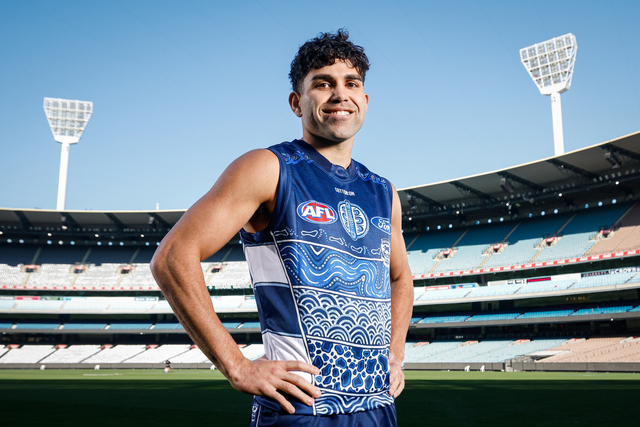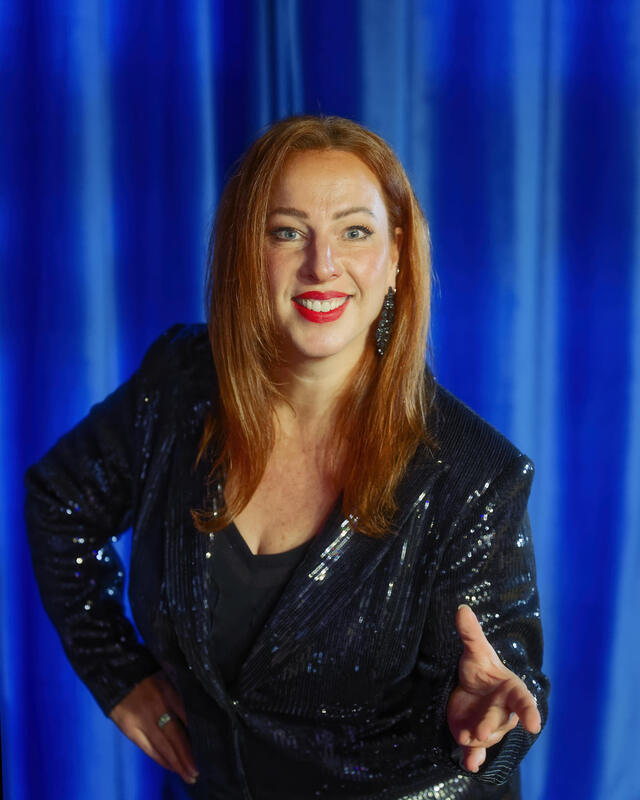The state has taken a step back into restrictions, with the re-introduction of density limits at hospitality and entertainment venues.
Health Minister Martin Foley announced that as of today cafés, bars, restaurants, nightclubs, arcades, amusement parks and gaming venues would again be capped at one person per two square metres.
He said the change was similar to measures in place in New South Wales and aimed to reduce the risk of superspreader events.
“Now is the right time to introduce these sensible density quotients in high-risk indoor entertainment and hospitality settings, to reduce the risk of superspreader events that can infect hundreds,” he said.
“The exception to this will be indoor seated cinemas and theatres because people are seated and masked.
“These measures we hope will facilitate both the continued operation of the hospitality sector while at the same time, encouraging greater activity outdoors.”
While not mandated, Mr Foley said venues were encouraged to limit their service to seated to customers and patrons asked to avoid indoor dancefloors.
The government has indicated its recommendation for people to work from home where possible will be in place until at least Australia Day in three weeks’ time.
Meanwhile Mr Foley also announced changes to the COVID-19 testing system to address the delays with PCR testing.
Under the new rules, people who test positive on a rapid antigen test will be considered probable cases and will be subject to the same requirements as a confirmed case from a PCR test.
That includes isolating for seven days and informing their contacts.
It will also be mandatory to report the positive RAT result to the Department of Health through an online form or by phone.
After informing the department, Mr Foley said patients would receive the same support as those who test positive to PCR tests.
The change will mean people won’t be required to line up for a PCR test, which will instead be “increasingly” reserved for possible cases in vulnerable settings or critical workforces.
“Rapid antigen rests will be the way most Victorians can confirm they have COVID-19 – they are very accurate among contacts and people with symptoms, and there’ll be no queuing for hours or waiting for days for a result.” Mr Foley said.
“People who test positive on a rapid antigen test must isolate and tell their contacts – just like someone who tests positive on a PCR – and they will also be required to report their positive result.”

